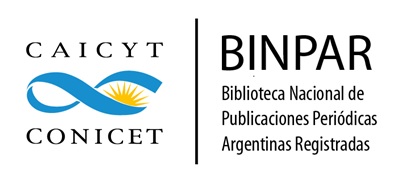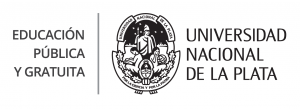How do Young People in Uruguay Become Adults?
Incidence of Sex and Educational Level in Events of Transition to Adult Life
DOI:
https://doi.org/10.24215/18524907e083Keywords:
life course, trajectory, youth, adult lifeAbstract
Based on a quantitative analysis of the 2018 National Survey of Adolescence and Youth in the Oriental Republic of Uruguay, this study examines the intensity and timing of three events marking the transition to adulthood (first stable job, first residential independence, and first child) according to gender and educational level among young people aged 24 to 30 across the country. The findings suggest that the transition to adulthood may be delayed for those with higher educational levels and occur earlier for those with lower educational levels.
Downloads
Metrics
References
Allison, P. (10 de septiembre de 2012). When Can You Safely Ignore Multicollinearity? Statistical Horizons. https://statisticalhorizons.com/multicollinearity/
Blanco, M. (2011). El enfoque del curso de vida: orígenes y desarrollo. Revista Latinoamericana de Población, 5(8). https://doi.org/10.31406/relap2011.v5.i1.n8.1
Boado, M. y Fernández, T. (2010). Trayectorias académicas y laborales de los jóvenes en Uruguay. El panel PISA 2003-2007. Universidad de la República.
Cardozo, S. e Iervolino, A. (2009). Adiós juventud: tendencias en las transiciones a la vida adulta en Uruguay. Revista de Ciencias Sociales, (25), 60-81.
Casal, J. (1996). Modos emergentes de transición a la vida adulta en el umbral del siglo XXI: aproximación sucesiva, precariedad y desestructuración. Revista Española de Investigaciones Sociológicas, (75), 295-316.
Ciganda, D. (2008). Jóvenes en transición hacia la vida adulta: el orden de los factores ¿no altera el resultado? En C. Varela (Coord.), Demografía de una sociedad en transición. La población uruguaya a inicios del siglo XXI. Fondo de Población de las Naciones Unidas (UNFPA) / Trilce.
Ciganda, D. y Pardo, I. (2013). Emancipación y formación de hogares entre los jóvenes uruguayos: las transformaciones recientes. En A. Pellegrino y C. Varela (Coords.). Hacerse adulto en Uruguay. Un estudio demográfico (pp. 15-38). Universidad de la República.
Dannefer, D. (2018). Systemic and Reflexive: Foundations of Cumulative Dis/Advantage and Life-Course Processes. Journal of Gerontology: Series B, 7(6), 1249-1263. https://doi.org/10.1093/geronb/gby118
DiPrete, T. y Eirich, G. (2006). Cumulative Advantage as a Mechanism for Inequality: A Review of Theoretical and Empirical Developments.
Annual Review of Sociology, (32), 271-297. https://doi.org/10.1146/annurev.soc.32.061604.123127
Elder, G., Kirkpatric, M. y Crosnoe, R. (2003). The Emergence and Development of Life Course Theory. En J. Mortimer y M. Shanahan (Eds.), Handbook of the Life Course (pp. 3-19). Kluwer.
Evans, K. (2002). Taking Control of their Lives? Agency in Young Adult Transitions in England and the New Germany. Journal of Youth Studies, 5(3), 245-271.
Filardo, V. (2017). Desigualdad en jóvenes del Uruguay (2008-2013): análisis de la intensidad, calendario y secuencia de eventos de transición. Revista Latinoamericana de Estudios del Trabajo, 22(36). http://alast.info/relet/index.php/relet/article/view/291
Filgueira, C. (1998). Emancipación juvenil: trayectorias y destinos. CEPAL-ONU, Oficina de Montevideo.
Instituto Nacional de Estadística (INE). (2018). IV Encuesta Nacional de Adolescencia y Juventud (ENAJ) 2018. Ministerio de Desarrollo Social (MIDES), Instituto Nacional de la Juventud (INJU). https://www.gub.uy/instituto-nacional-estadistica/datos-y-estadisticas/encuestas/encuesta-nacional-adolescentes-juventud-enaj-2018
Ministerio de Desarrollo Social y Oficina de Planeamiento y Presupuesto. (Eds.). (2018). Reporte Uruguay 2017. Dirección de Presupuestos, Control y Evaluación de la Gestión.
https://www.gub.uy/ministerio-desarrollo-social/comunicacion/publicaciones/reporte-uruguay-2017
Rama, G. y Filgueira, C. (1991). Los jóvenes de Uruguay. Esos desconocidos. CEPAL-ONU, Oficina de Montevideo.
Solís, P. (2013). Guía práctica de análisis de historia de eventos en Stata. El Colegio de México.
Varela, C., Fostik, A. y Fernández, M. (2013). Transición a la maternidad en el Uruguay: convergencia y divergencia en el pasaje a la vida adulta. En A. Pellegrino y C. Varela (Coords.), Hacerse adulto en Uruguay. Un estudio demográfico (pp. 57-86). Universidad de la República.
Additional Files
Published
How to Cite
Issue
Section
License
Copyright (c) 2024 Diego Amarilla

This work is licensed under a Creative Commons Attribution-NonCommercial-ShareAlike 4.0 International License.
The acceptance of an original by the journal implies the non-exclusive transfer of the patrimonial rights of the authors in favor of the publisher, who allows the reuse, after its edition (postprint), under a Creative Commons License Attribution-NonCommercial-ShareAlike 4.0 International.
According to these terms, the material can be shared (copy and redistribute in any medium or format) and adapted (remix, transform and create another work from the material), provided that a) the authorship and the original source of their publication (magazine and URL of the work) are cited, b) is not used for commercial purposes and c) the same terms of the license are maintained.
The assignment of non-exclusive rights implies that after postprint in Revista Argentina de Estudios de Juventud authors may publish their work in any language, media and format; in that case, it is requested that they signal that the material was originally published by this journal.
Assignment also entails the authors’ authorization for the work to be collected by SEDICI, the institutional repository of the Universidad Nacional de La Plata, and for it to be indexed in the databases that the publisher thinks appropriate for enhancing the visibility of the published work and its authors.
In addition, the journal encourages authors to submit their works to other institutional and thematic repositories after their publication in Revista Argentina de Estudios de Juventud, under the assumption that offering society unrestricted access to scientific and academic production contributes to a greater exchange in global knowledge.

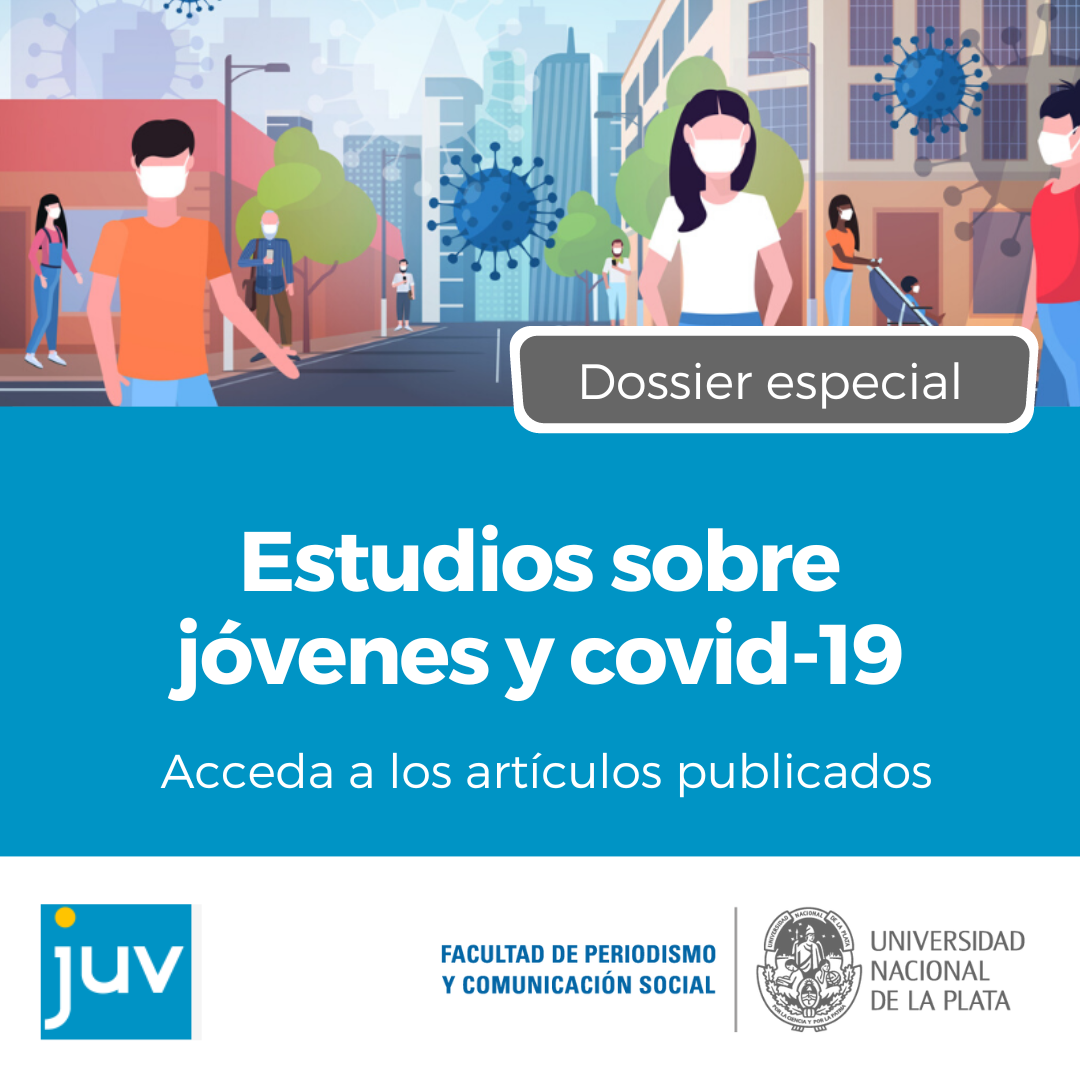




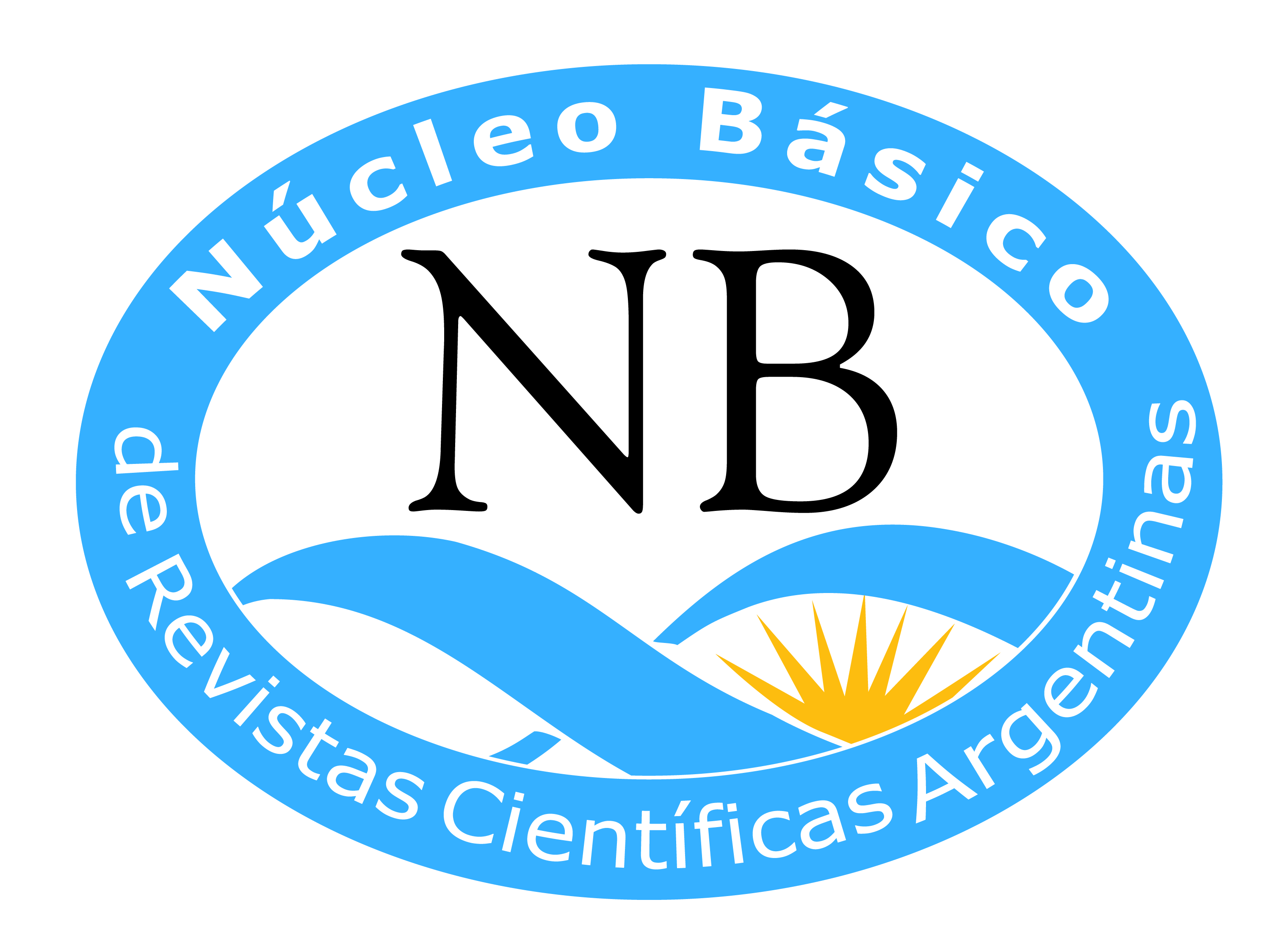


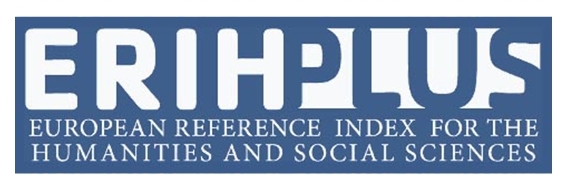



.png)















